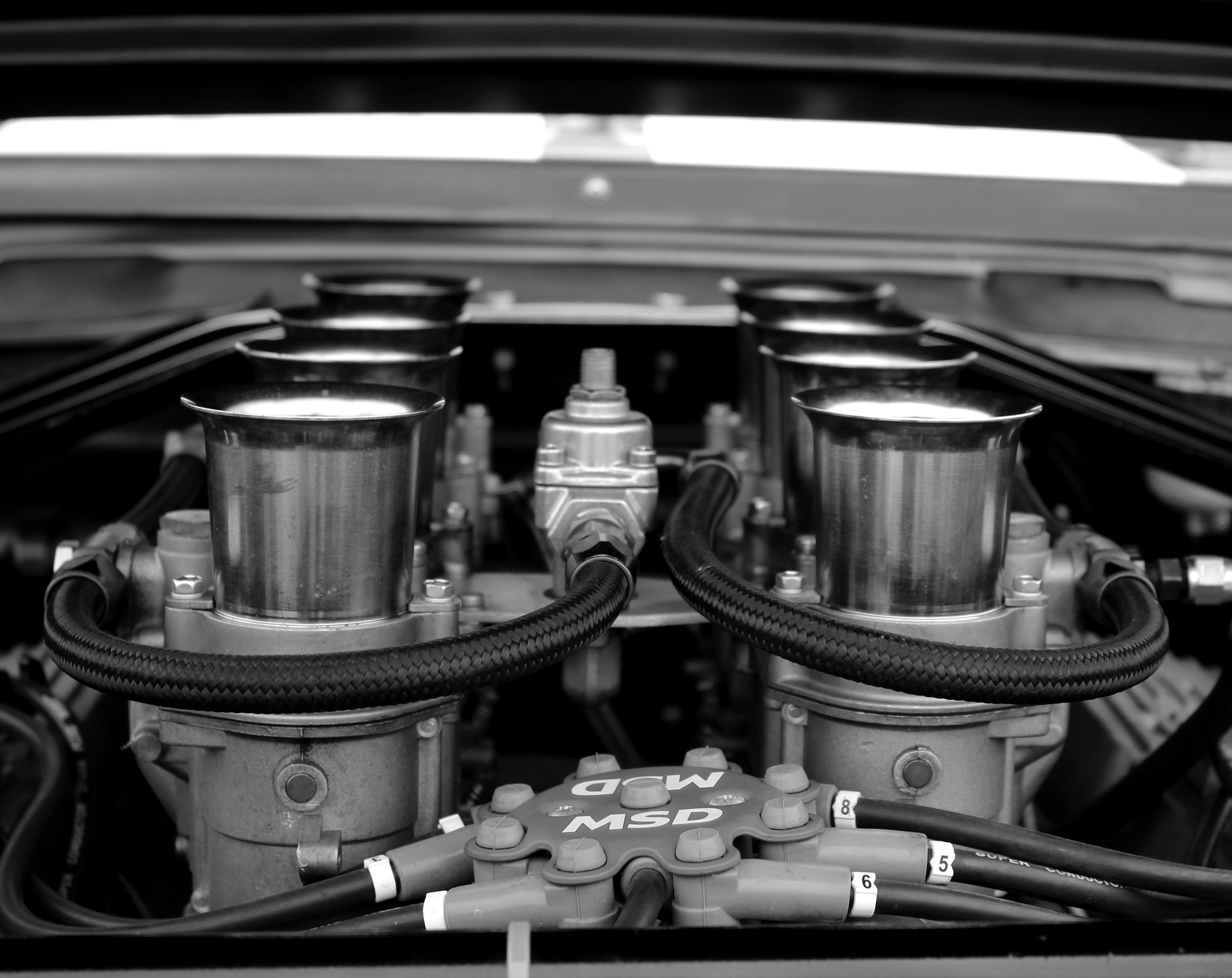To Be Filled
Velocity stacks are awesome. Just look at them. But have you ever wondered why air rushes into an engine? To summarize the finer points of fluid dynamics, the answer is emptiness. An engine operates like a pump, and an engine with no air is a vacuum. When its throttle plate (or plates) opens just a little, the difference in pressure between the atmosphere and the vacuum of the empty engine causes air to rush into the engine.
Again, for emphasis: an engine needs to be empty before it can be filled.
Emptiness terrifies people. It doesn’t seem natural, and it isn’t. The human heart was built by God to yearn for God and be filled by God. God reminds people of this throughout stories and prophecy in the Old Testament, but it’s only in The Beatitudes where the mechanisms of this emptiness are explained:
“Blessed are the poor in spirit, for theirs is the kingdom of heaven… Blessed are those who hunger and thirst for righteousness, for they will be filled.” (Matthew 5:3, 6)
The lesson here is one Jesus wants all listeners to believe: don’t wait until you hit rock bottom, at the point of your deepest emptiness, to realize nothing outside of God can fill you. Instead, look in your heart and witness to this nothingness, emptiness, and total dependence on God as a daily act of repentance, worship, and supplication. It’s a great place to begin a pursuit of God, either for the first time in your life, or at the beginning of every day.
Reflecting on this passage, author and theologian Martyn Lloyd-Jones noted the natural relationship between empty people and the generous God they rely on: “[Nothingness] means the complete absence of pride, a complete absence of self-assurance and self-reliance. It means the consciousness that we are nothing in the presence of God. It is nothing, then, that we can produce; it is nothing that we can do in ourselves. It is just this tremendous awareness of our utter nothingness as we come face to face with God.”
Then God, because of his love, rushes into your heart. With the same life-giving wind that breathed life into Adam, the same powerful wind that divided the Red Sea and turned it into dry land, and the same gentle whisper that promised God’s intimate presence, God still rushes into people who acknowledge their emptiness before him, and gives them his very breath.
Emptiness isn’t natural. You were made to be filled with God’s presence and power.

